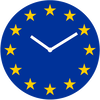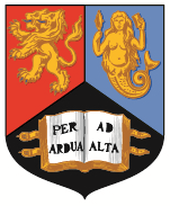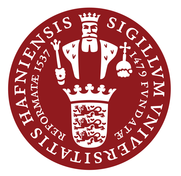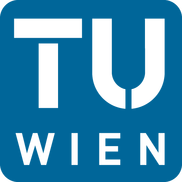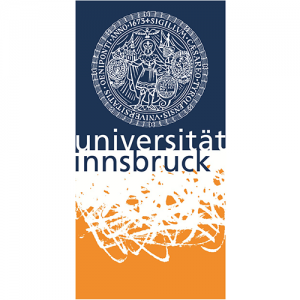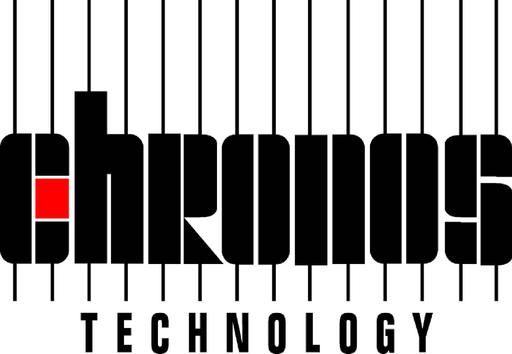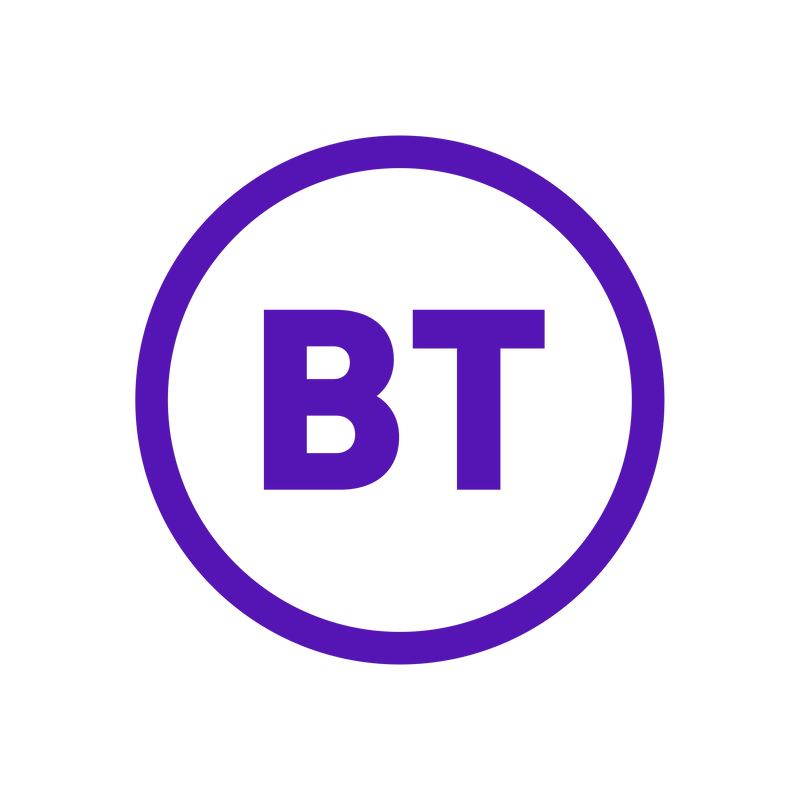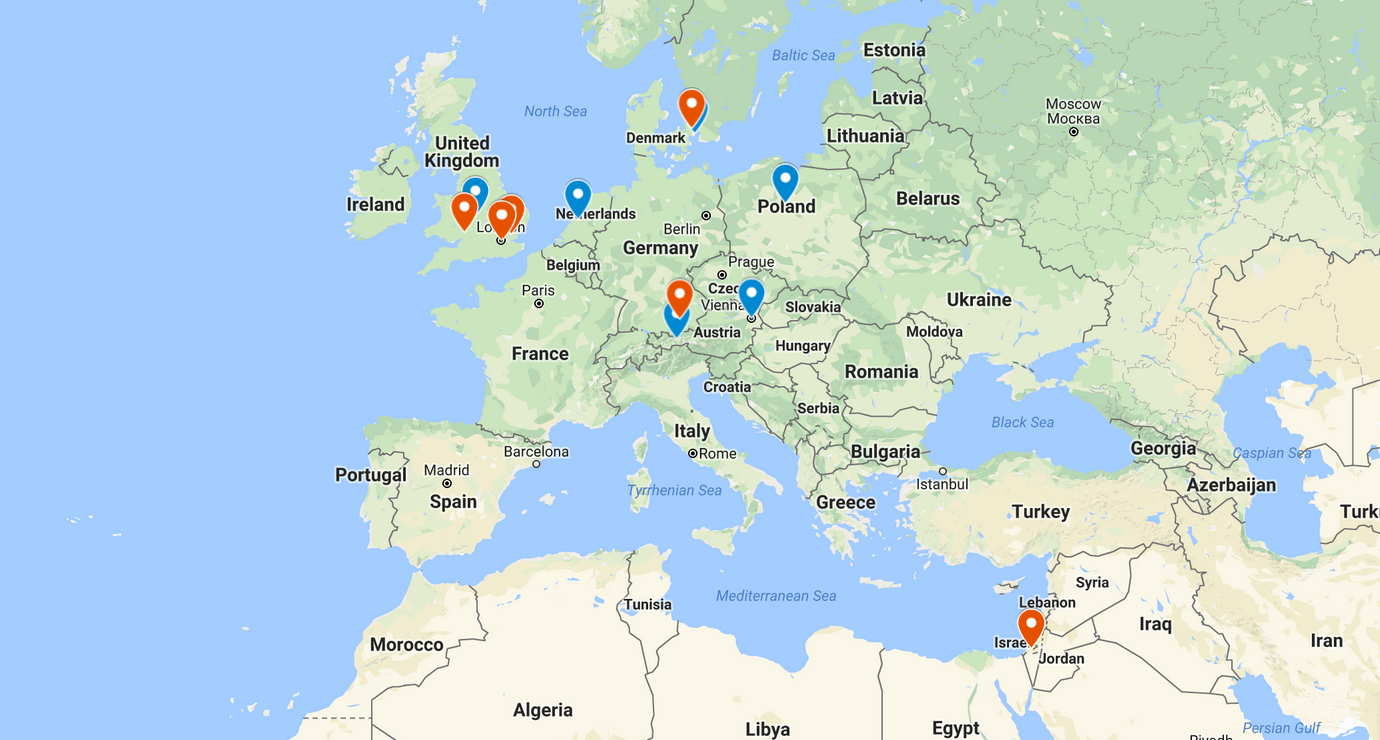Partners
iqClock comprises six research institutes and six companies. All research partners have open PhD and postdoc positions.
Research institutes
|
The University of Amsterdam hosts the Strontium Quantum Gases group of Florian Schreck, which coordinates iqClock. The group uses strontium quantum gases to study quantum many-body physics and for precision measurement. Besides the iqClock project, three projects are pursued: the creation of ultracold RbSr ground-state molecules, a Sr quantum gas microscope and a continuous atom laser. The atom laser project has delivered continuous Sr sources with unprecedented brilliance and phase-space density. These techniques form the basis of the Amsterdam contributions to iqClock.
Within iqClock the Amsterdam group will collaborate with the Copenhagen, Torun, Vienna and Innsbruck groups to build continuously operating superradiant clocks and to investigate the foundations of superradiant lasing. More information... |
|
The University of Birmingham’s Cold Atoms Group chaired by Prof. Kai Bongs is a world class research centre consisting more than 60 persons working on a diverse set of experiments, including atom interferometry based gravity sensing, optical clocks, quantum simulation, quantum information, cavity quantum-electrodynamics, and rotational sensing.
Within iqClock the Birmingham group will lead industry to build a compact Sr optical clock. More information... |
|
The Nicolaus Copernicus University's cold atoms group brings world class expertise in both experimental and theoretical atomic physics. The main areas of research cover ultra-cold and degenerate matter, Bose-Einstein condensation, quantum states engineering, ion traps, ultra-cold molecules, cavity ring-down spectroscopy, optical frequency combs and optical lattice atomic clocks. One of the key activity in NCU is development and operation of a system of two optical lattice strontium atomic clocks at KL FAMO.
Within iqClock the Torun group will collaborate with the Amsterdam, Vienna and Innsbruck groups to build a continuously operating superradiant frequency standard, operating on the Sr clock transition. More information... |
|
The Copenhagen group at the Niels Bohr Institute (NBI) is carrying out research on optical clocks and frequency references. The group has more than 17 years of experience working with cold two-electron atoms, such as Mg and Sr, for precision measurements and was the first to realize a BEC in Denmark using Na. Recently, the group demonstrated the potential of combining a low finesse optical cavity and atoms with narrow linewidth for bringing down local oscillator frequency noise and instability.
Within iqClock the nnn group will collaborate with the Amsterdam, Vienna and Innsbruck groups to build a continuously operating superradiant clock on the kHz transition of strontium. More information... |
|
The TU Wien contribution to the iqClock will be lead by Dr. Georgy A. Kazakov, who have been working over many years in the Quantum Metrology group lead by Prof. Thorsten Schumm. The Quantum Metrology group is working primarily towards a new type of atomic clock that will use the transition in the nucleus of Thorium-229 as a reference. The TU Wien group will develop theoretical models and simulate the behaviour of a superradiant clocks in the presence of various real-life effect, optimize of experimental parameters, and analyse the experimental data.
Within iqClock we will collaborate with the Amsterdam, Copenhagen and Torun groups to design the superradiant clocks, and with the Innsbruck group to build relevant theoretical models. More information... |
|
Based in Innsbruck, Austria in midst of the beautiful Tyrolean alps, Prof. Helmut Ritsch's theory group has been working on Quantum Optics and Cavity Quantum Electrodynamics since 1993. In essence, our work contributes to a better understanding of the interaction between light and matter. Our main research interests are Self-Organization, Cavity Cooling, Superradiant Lasing and Quantum Metrology.
Within iqClock the Innsbruck group will collaborate with all other iqClock groups to investigate the theoretical foundations of superradiant lasing. More information... |
Companies
|
Teledyne e2v innovations lead developments in communications, automation, discovery, healthcare and the environment. Within iqClock Teledyne e2v will develop the vacuum system for the integrated optical lattice clock (Task 1).
More information... |
|
TOPTICA develops and manufactures high-end laser systems for scientific and industrial applications. The portfolio includes diode lasers, ultrafast fiber lasers, terahertz systems and frequency combs. OEM customers, scientists, and over a dozen Nobel laureates all acknowledge the world-class exceptional specifications of TOPTICA’s lasers, as well as their reliability and longevity.
Within iqClock Toptica will produce all laser systems for the integrated optical lattice clock (Task 1), including the reference cavity and the optical frequency comb. More information... |
|
NKT Photonics is the leading supplier of high performance fiber lasers, fiber optic sensing systems, and photonic crystal fibers. Our main markets are within imaging, sensing and material processing. Our products include ultrafast lasers, supercontinuum white light lasers, low noise fiber lasers, distributed temperature sensing systems and a wide range of specialty fibers. NKT Photonics has its headquarters in Denmark with sales and service worldwide. NKT Photonics is wholly owned by NKT Holding A/S.
Within the iqClock project NKT Photonics will develop specific photonic crystal fibers for multicolour fibre delivery systems in the integrated optical lattice clock (Task 1). More information... |
|
Acktar is a world technology leader in the development, industrialization and production of black light absorbing coatings which deliver unique performance. This performance is not available elsewhere and is important in many applications. These proprietary coatings are based on vacuum deposition technologies, are ecologically clean, and in many cases replace traditional processes which are sources of pollutants and toxic substances.
Within iqClock Acktar will coat the detection vacuum chamber of the integrated optical lattice clock black in order to increase the signal to noise ratio (Task 1). More information... |
|
Chronos Technology Ltd is a leading international authority on resilient sync and timing solutions including the use of GNSS, PTP, NTP and eLoran, as well as GNSS vulnerability detection and mitigation solutions. Founded in 1986 by Professor Charles Curry, we deliver GPS / GNSS equipment and services in the UK and overseas.
Within iqClock Chronos will benchmark the integrated optical lattice clock (Task 1). More information... |
|
British Telecom is one of the world's leading communications services companies. It serves the needs of customers in the UK and in 180 countries worldwide. BT’s main activities are the provision of fixed-line services, broadband, mobile and TV products and services as well as networked IT services.
Within iqClock BT will test the integrated optical lattice clock in a network simulator (Task 1). More information... |
